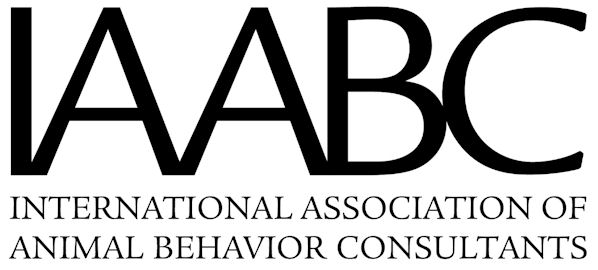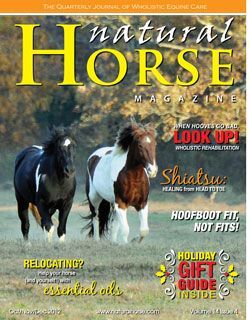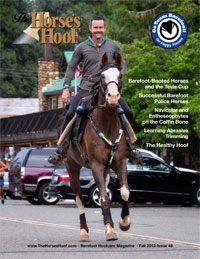Discipline: to punish or penalize in order to train and control; correct; chastise.
Punishment: a penalty inflicted for an offense, fault, etc.
Both denote that a behavior is ‘wrong’ and needs to be changed/controlled/corrected. I again ask if horses have a moral sense of what is ‘right’ or ‘wrong’. They don’t. Morals are species specific – only humans have moral standards. Animals react according to the stimulus of the moment. While there are behaviors that are either acceptable or not within the society, they cannot be determined to be ‘morals’. They are innate structures of behaviors that are set up for the survival of the species.
Horses have strong hierarchal boundaries. The horse must be either the leader or the follower. That position does shift among good ‘friends’ during normal circumstances but in a extreme situations, the natural leader will still be ‘the’ leader. There is no in-between.
The horse, by nature, will follow a leader who has proven to be totally trustworthy. Some WILL, on a daily basis, be insecure enough to challenge and fight and yeah, I mean just that — insecure. USUALLY its the very low-ranking ones who will challenge and fight each other for position on a regular basis. (Think of the school-yard or office bullies.) Those who are secure in their position and share/demonstrate that demeanor of leadership do so in a manner that rarely develops into physical force or aggression. The context is shared simply by the strength of the individual’s energy and intent. I like the phrase coined by the dog whisperer … “calm assertiveness”. That’s just with what true and good leadership is comprised.
That energy and intent is something that we humans have also but, some, because of ‘whatever'(past issues that have altered the original psyche), are unable to access it without much concentrated awareness, study and growth. Everyone is in a different place in this study; some further along than others. That is why some can connect with a horse without any or little outward exhibitionaries while others will exhibit all the extravert actions and demonstrations of bonding/joinup/connection and still be in the place of the follower with the horse, having to struggle with it on a daily basis.
The inner heart of the human is what always counts in the long run when interacting with horses. And saying that, the horse will always bring the inner heart to light, one way or another.












One thought on “On Punishment or Discipline of the Horse”